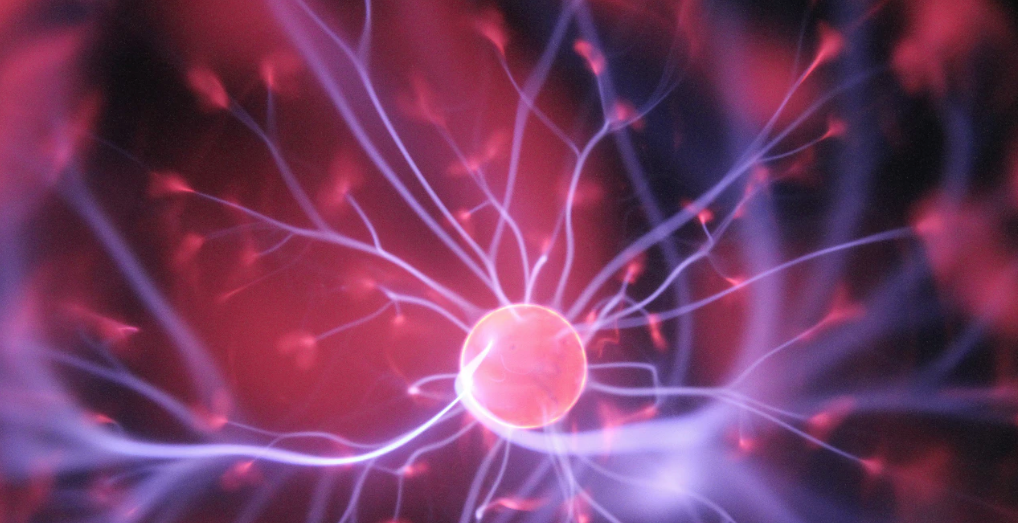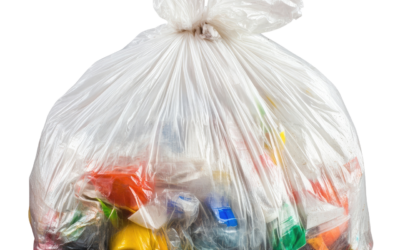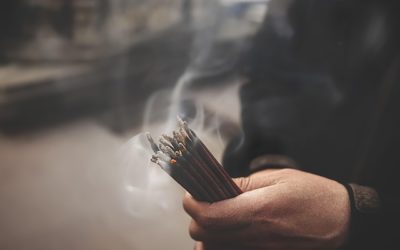It’s no secret that most of us in prison (about 80% in fact) have been involved with and/or addicted to drugs and/or alcohol for many years, eventually leading us to where we are today. Many— if not virtually all of us — neglected our familial responsibilities, job obligations, parole or probation requirements, and essentially any expectations one would have for someone who desires to live a quality life in the free world.
For the myriad loved ones who have suffered unspeakable pain as we have continually let them down — most notably our children — while chasing and abusing our drugs of choice, it is often thought that we “chose” drugs and/or alcohol over our loved ones; after all, they’ll say “Why would you do it when you know it’s going to cost you everything?” They’ll reason that anyone can quit anything “if they really want to.” On its surface, this makes perfect sense, but underneath — in the realm of addiction — it’s much more complex.
Without getting too scientific, allow me to make a basic distinction: our rational thoughts (i.e. considering consequences, planning, goal-setting, restraining from instant gratification for delayed gratification, etc.), occur in the prefrontal cortex part of our brain. Addiction, however, manifests in the lower, most primitive part of our brain known as the limbic system. This is where our fight-or-flight system is, where our sexual appetite derives, and where our “pleasure pathway” is located. A hamburger is enjoyable because when we eat it, chemicals in this part of the brain are released, and the connection is made that hamburgers taste good. The next time we see or smell a hamburger, this part of the brain is ignited, and we feel drawn to eat the hamburger. We are inclined to engage in behavior that yields pleasure, thus we have a chemical/neural circuit known as the pleasure pathway.
This primitive part of the brain is where addiction becomes deeply rooted. The chemicals released from drugs and alcohol flood our pleasure pathway and have a very strong impact on the limbic system, but for the person who is more likely to become addicted due to a genetic predisposition, for instance, this reinforcement is much stronger. The reasons we use (i.e. to be more sociable, numb negative feelings, etc.) also factor into our likelihood of becoming addicted. What this reinforcement looks like in the brain of a non-alcoholic person who drinks an alcoholic beverage is, say, only four parts of the limbic system will be affected, whereas the alcoholic who drinks will experience a much stronger effect because nine areas of the brain are affected. Moreover, once the disease (it is a medical disease because 1) it has an onset, 2) it’s progressive, and 3) it can kill) sets in, the addict is triggered in the craving part of the limbic system when they see, smell, or are reminded in some way of their drug of choice. This is tantamount to someone who is very hungry being intensely stimulated when they walk down the street and smell barbecue smoke. Again, the pleasure pathway in the brain is more sensitized to drug and alcohol cues than someone who is not an alcoholic or drug addict.
Back to the rational part of the brain. When our “addicted brain” (limbic system) has been triggered by stimuli, our rational brain is chemically suppressed, severely reducing our capability of making logical decisions. Studies have shown the more emotional we are (taking place in our fight-or-flight system), the less we are able to use our rational brain. Therefore, when we’re angry we often do and say things we later regret. In the same way, when our addiction is ignited, we don’t have full access to our rational brain. Bypassing that liquor store in order to be home to eat dinner with the wife and kids makes all the sense in the world, but the brain chemistry that has been aroused by passing that liquor store makes that decision much more complex. Getting high to avoid stress spurs our brain in a way that makes us ignore any possible consequences that may come tomorrow or next week. Make no mistake, this is not to skirt responsibility or accountability for the damage and harm we’ve caused countless people who love us, but merely a brief explanation into what is underway in the brain that makes decision-making processes for the addict much more complex than the non-addict.






0 Comments